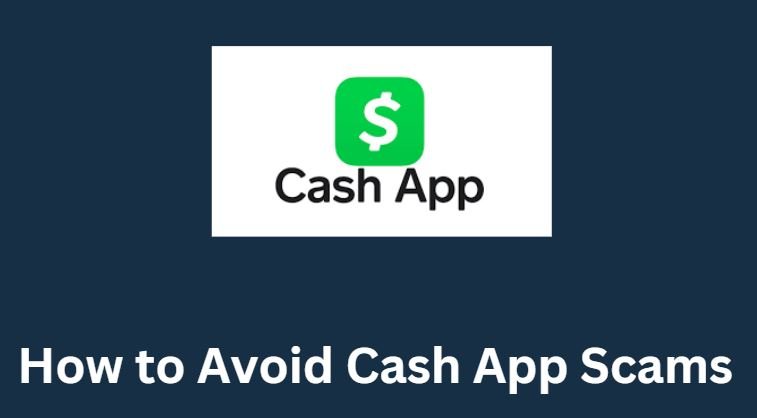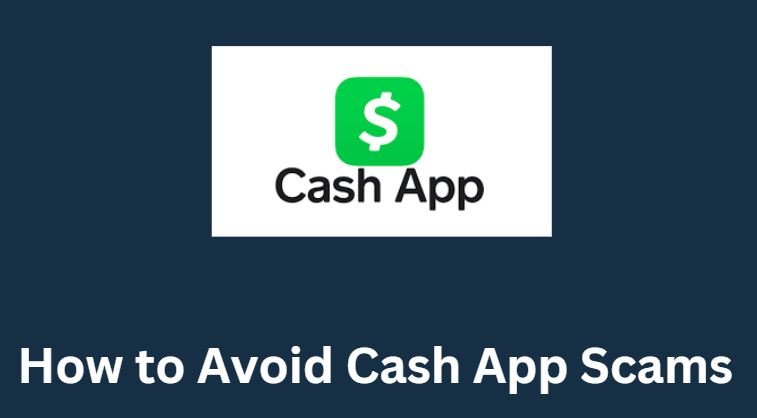
These days, lots of people use Cash App to handle their money stuff. It’s easy—you can send cash, get cash, and keep track of your money all in one place. But, like with anything online, there are some sneaky folks out there trying to trick you into giving them your money or personal info.
In this blog post, we’re going to talk about how to avoid Cash App scams. We’ll go over some simple steps you can take to make sure you don’t get scammed. By being careful and paying attention, you can use Cash App without worrying about getting ripped off. Let’s get started!
Can Someone be scammed through Cash App?
Yes, people can be scammed through Cash App, just as with any other online payment platform. Scams involving Cash App often occur through phishing attempts, where scammers trick users into giving away their account information or access codes. Other common scams involve fake customer support schemes, where scammers pose as Cash App representatives and request personal or account information.
How to Avoid Cash App Scams
1. Verify Contacts
Always take the time to verify the identity of the person or business you’re dealing with on Cash App. This includes double-checking usernames, email addresses, or phone numbers to ensure they’re legitimate. Scammers may use similar-sounding usernames or fake contact information to trick users into sending money.
2. Use Official Channels:
When seeking assistance or support from Cash App, only communicate through official channels provided within the app or on their official website. Avoid sharing personal or account information via email, text messages, or social media platforms, as these mediums are commonly used by scammers to impersonate Cash App support.
3. Secure Your Account:
Strengthen the security of your Cash App account by enabling features such as two-factor authentication (2FA) and biometric authentication (like fingerprint or facial recognition). These additional layers of security can help prevent unauthorized access to your account, reducing the risk of scams and fraudulent transactions.
4. Beware of Phishing:

Stay vigilant against phishing attempts aimed at tricking you into revealing sensitive information. Be cautious of unsolicited messages, emails, or phone calls that request your Cash App account information, passwords, or access codes. Remember that Cash App will never ask for this information via email, text, or phone call, so treat any such requests with suspicion.
5. Research Sellers:
Before making purchases or transactions with sellers on Cash App, take the time to research their reputation and reviews. Look for feedback from previous customers and verify the legitimacy of the seller’s business. Avoid dealing with unfamiliar or suspicious individuals, especially if there are red flags such as unverifiable contact information or negative reviews.
6. Use Trusted Platforms:
Stick to using Cash App for transactions on reputable websites or platforms. Avoid engaging in deals or transactions that seem too good to be true, as they may be fraudulent schemes designed to scam unsuspecting users. Be cautious when buying or selling goods and services online, and prioritize using trusted platforms to mitigate the risk of falling victim to scams.
7. Double-Check Transactions:
Before finalizing any transactions on Cash App, carefully review all the details to ensure accuracy. Double-check the recipient’s information, transaction amount, and purpose to make sure you’re sending money to the correct recipient for the intended purpose. Taking this extra step can help prevent accidental transfers or fraudulent transactions.
8. Report Suspicious Activity:
If you encounter any suspicious activity or believe you’ve been targeted by a scam on Cash App, report it to Cash App immediately. They have dedicated support teams to investigate such incidents and take appropriate action to protect your account and prevent further fraud. Reporting suspicious activity promptly can help safeguard not only your account but also other users from potential scams.
Conclusion
Avoiding Cash App scams is all about being smart and cautious with your money. Following the tips and strategies outlined in this blog post can significantly reduce the risk of falling victim to fraudulent activities and scams on Cash App. Remember to verify the identity of the people you’re dealing with, use official channels for support, secure your account with extra layers of protection, and always double-check transactions before confirming.
Staying informed and aware of common scam tactics will empower you to navigate the digital landscape confidently and protect your finances. Whether you’re sending money to friends or making purchases online, keeping these safety measures in mind will ensure that you can enjoy the convenience of Cash App without the worry of being scammed. Stay vigilant, stay safe, and keep your money where it belongs in your pocket.
FAQs on How to Avoid Cash App Scams
Q: How can I verify if a contact on Cash App is legitimate?
A: Always double-check the username, email address, or phone number of the person or business you’re transacting with. If possible, verify their identity through other means such as contacting them directly through a trusted channel or researching their reputation online.
Q: What should I do if I receive a suspicious message or request for personal information on Cash App? A: If you receive any unsolicited messages asking for account information, passwords, or access codes, do not respond and do not provide any personal information. Report the suspicious activity to Cash App immediately and avoid engaging with the sender further.
Q: Is it safe to share my Cash App account information with customer support representatives? A: Cash App will never ask you to share sensitive information like your account password or access code via email, text, or phone call. Only communicate with Cash App support through official channels within the app or website to ensure the security of your account.
Q: How can I protect my Cash App account from unauthorized access?
A: Enable security features like two-factor authentication (2FA) and biometric authentication (e.g., fingerprint or facial recognition) to add an extra layer of protection to your Cash App account. Avoid using weak passwords and ensure that your device’s security settings are up to date.
Q: What should I do if I suspect that I’ve been scammed on Cash App?
A: If you believe you’ve been targeted by a scam or fraudulent activity on Cash App, report it to Cash App support immediately. They have dedicated teams to investigate such incidents and can provide guidance on how to secure your account and prevent further loss.
Q: Can I trust sellers or businesses on Cash App?
A: While many sellers and businesses on Cash App are legitimate, it’s essential to research their reputation and reviews before making any transactions. Avoid dealing with unfamiliar or suspicious individuals, and be cautious of deals that seem too good to be true.
Q: How can I ensure that a transaction on Cash App is secure?
A: Before confirming any transactions on Cash App, double-check all the details, including the recipient’s information, transaction amount, and purpose. Verify that you’re sending money to the correct recipient for the intended purpose to avoid accidental transfers or fraudulent transactions.
Q: What proactive measures can I take to avoid falling victim to Cash App scams?
A: Stay informed about common scam tactics and be vigilant when using Cash App. Keep your account secure with strong passwords and additional security features, and never share sensitive information with anyone. Trust your instincts and report any suspicious activity to Cash App support.
